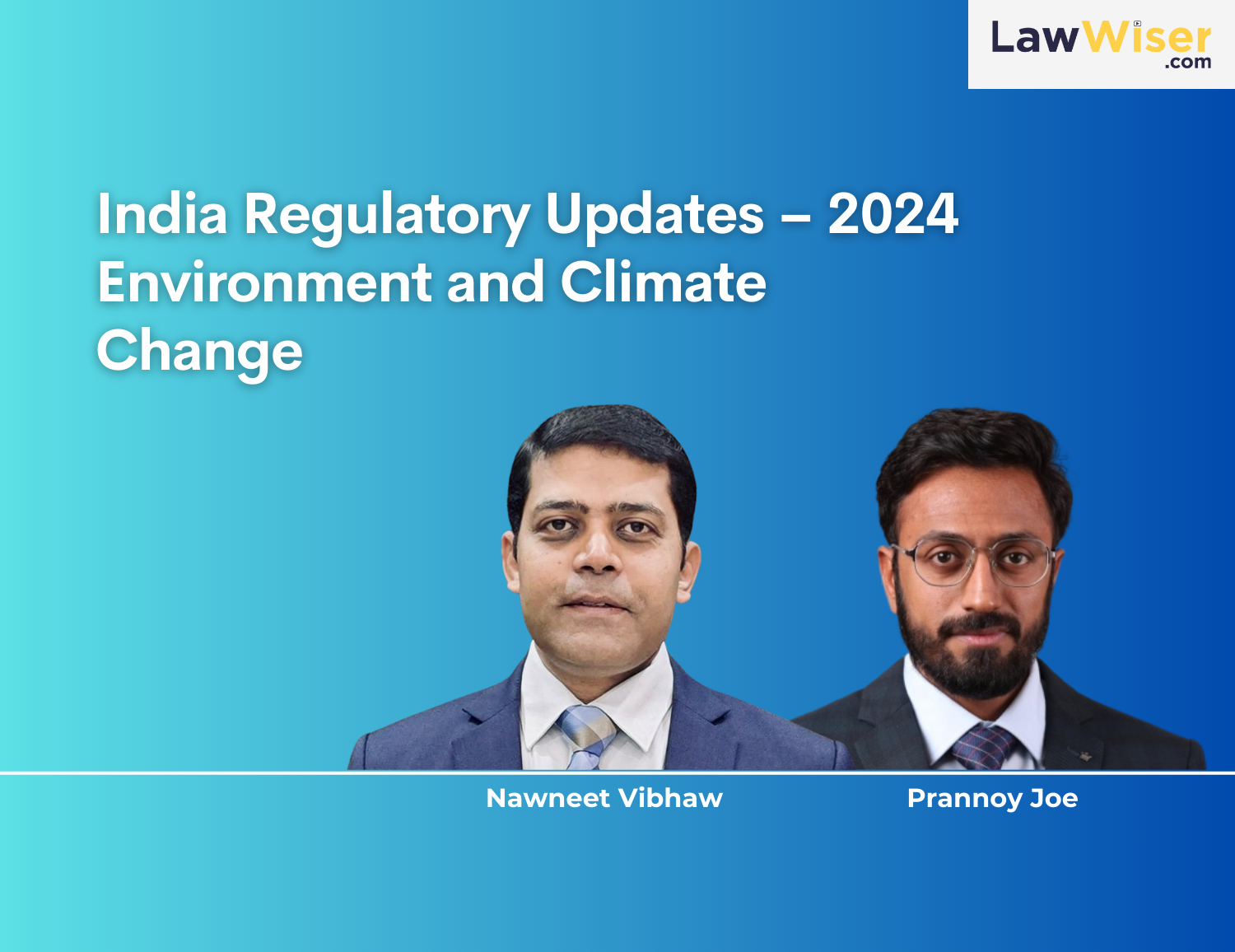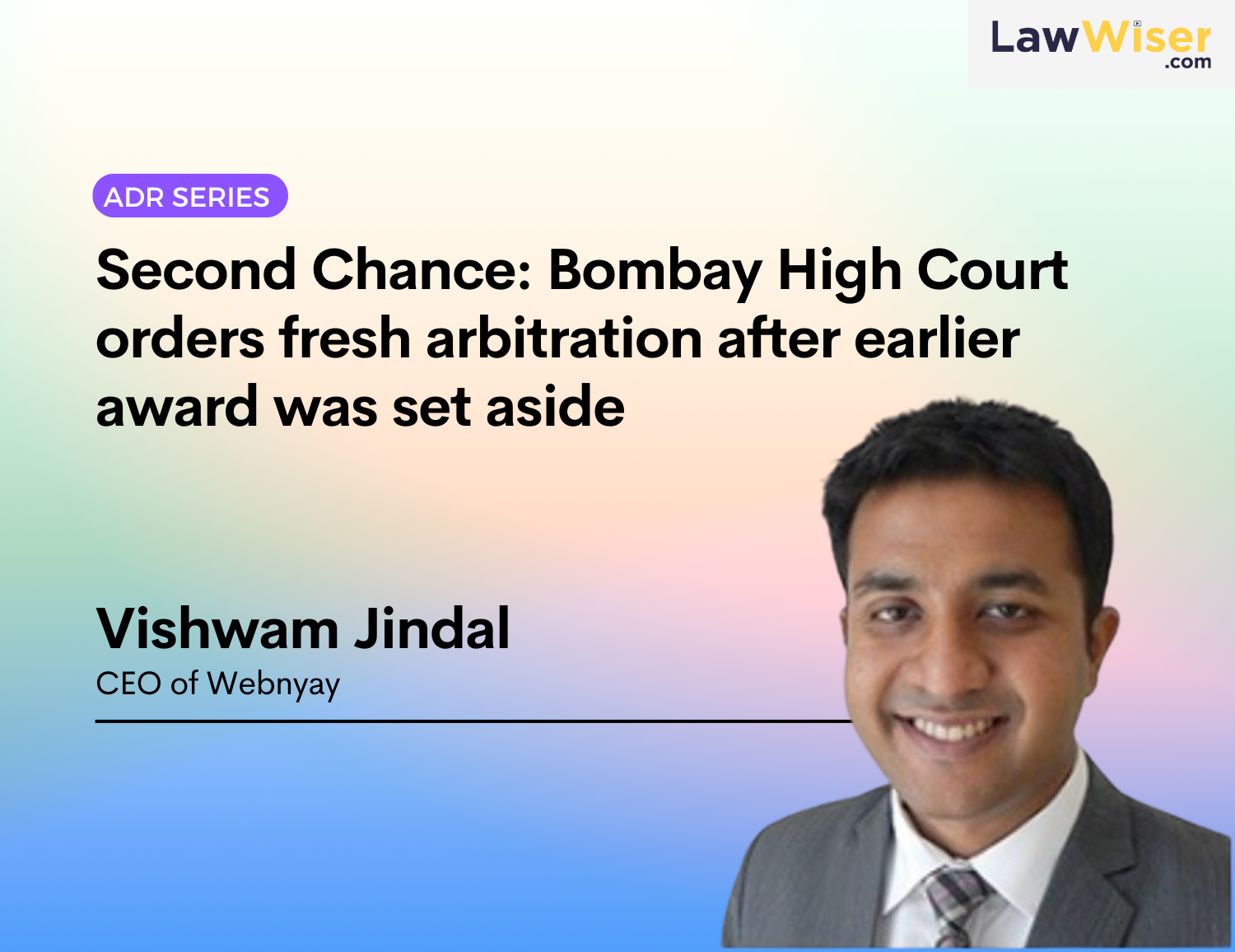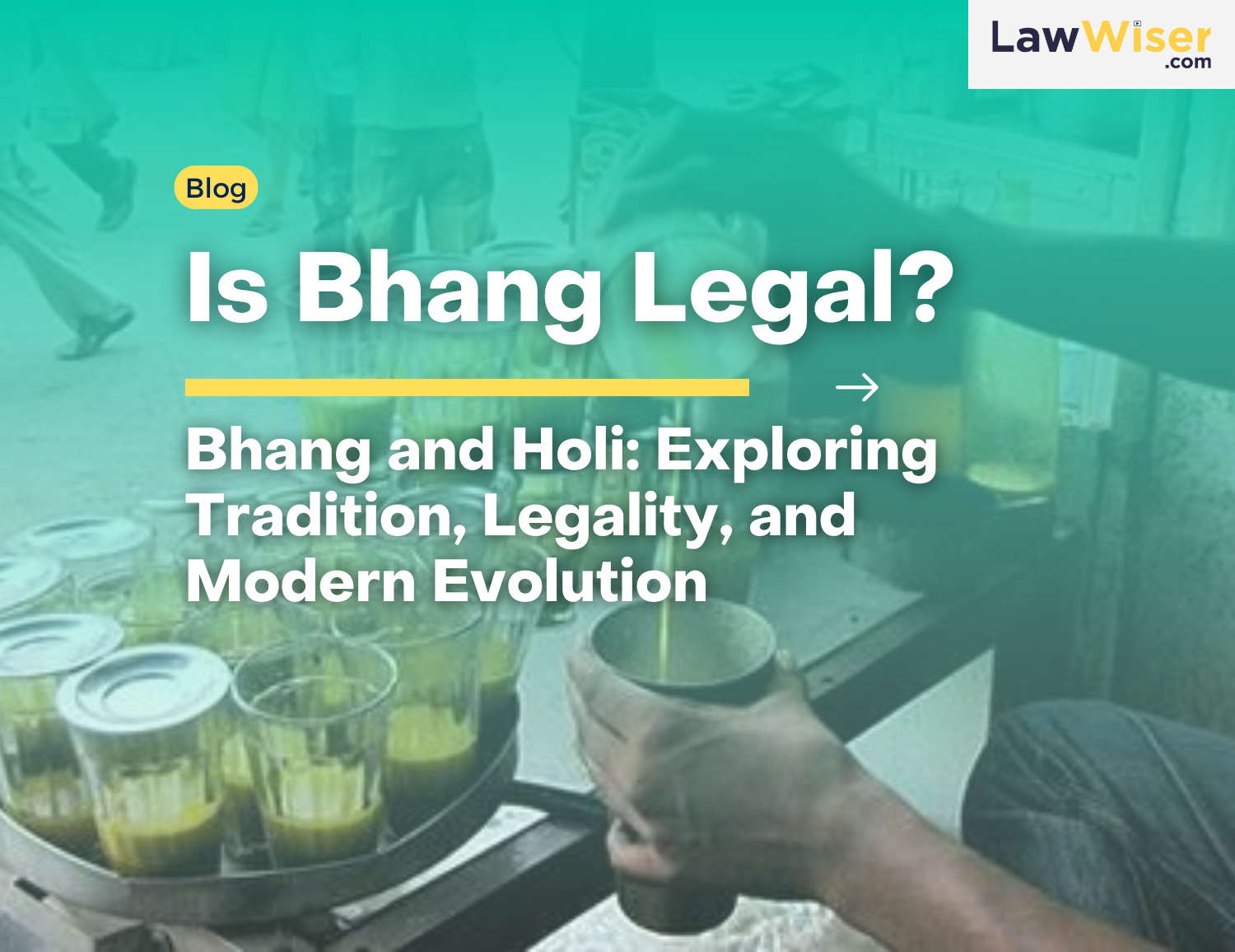Case note: M/s Greenbilt Industries Private Limited v. M/s A B Dinesh Concrete Private Limited
The Calcutta High Court, exercising its powers under Section 11 of the Arbitration and Conciliation Act, 1996, dismissed a petition filed by Greenbilt Industries Private Limited seeking appointment of an arbitrator. The petitioner had relied on a draft Memorandum of Understanding (MOU) dated February 9, 2022, circulated via email, which allegedly contained a binding arbitration clause. The respondent, A B Dinesh Concrete Private Limited, contested the existence and validity of the arbitration agreement, arguing that the MOU was never finalized or executed and that the only binding agreement between the parties was the MOU dated December 7, 2020, which lacked any arbitration clause and explicitly conferred exclusive jurisdiction on the courts in Bhubaneswar.
The High Court scrutinized the contractual documents, communications exchanged between the parties, and their conduct. It concluded that the draft MOU lacked the essential elements of a concluded contract, including execution by both parties, clarity on material terms, and mutual intent to be bound. Furthermore, the agreement dated April 3, 2023, by which each party nominated an arbitrator, was found to be executed by the directors in their individual capacities and not on behalf of the corporate entities. As such, the Court held that there was no valid arbitration agreement between the companies, and consequently, the Court lacked jurisdiction to refer the dispute to arbitration or appoint an arbitrator.
Facts
Greenbilt Industries Pvt. Ltd. (the petitioner) alleged that the respondent company had approached it in October 2020 for acquiring its ACC block manufacturing unit in Karga village, Chhattisgarh. The key terms, agreed orally and later reduced into writing, were as follows:
- The respondent would acquire the plant and machinery for Rs. 21 crores, with an advance of Rs. 3 crores, forfeitable upon default.
- Physical possession of the unit was handed over on December 10, 2020. An interim agreement (dated December 7, 2020) was signed, and Rs. 2.8 crores was paid through banking channels.
- A draft MOU dated February 9, 2022, was circulated via email containing an arbitration clause (Clause 12.3). The petitioner contended that it was binding and acted upon.
- Due to the respondent’s alleged abandonment of the plant and non-payment of dues, disputes arose.
- On April 3, 2023, directors of both companies, Mr. Aditya Agarwal (for petitioner) and Mr. Ashok Kumar Agarwal (for respondent), agreed to constitute an arbitral tribunal and nominated one arbitrator each.
- The sitting scheduled for April 20, 2023, did not proceed as the respondent and its nominee failed to attend. The petitioner treated the proceedings as terminated and appointed a substitute arbitrator unilaterally under Section 15(2).
- The respondent denied the existence of a valid arbitration agreement and contested the jurisdiction of the Calcutta High Court.
Issues of Law
The primary issues before the court were:
- Whether the circulated draft MOU dated February 9, 2022, constituted a binding arbitration agreement under Section 7 of the Arbitration Act.
- Whether the declaration dated April 3, 2023, between individual directors constituted an arbitration agreement between the companies.
- Whether the Calcutta High Court had territorial jurisdiction under Section 11(6) and 11(12)(b) of the Arbitration and Conciliation Act.
Submissions of Parties and Precedents Cited
Petitioner’s Submissions (Represented by Mr. Kumarjit Banerjee, Advocate)
- The draft MOU dated February 9, 2022, though unsigned, was acted upon, and exchange via email constituted a valid arbitration agreement under Section 7(4)(b).
- Clause 12.3 of the MOU contained a broad arbitration clause covering disputes pre- and post-contractual, which survived even if the rest of the MOU was disputed.
- The parties had already invoked arbitration on April 3, 2023, by mutually appointing arbitrators. The non-participation by the respondent did not invalidate the clause.
- The petitioner relied on Cox and Kings Ltd. v. SAP India Pvt. Ltd. (2024) 4 SCC 1): Recognized modern forms of communication like email as valid mediums for entering into arbitration agreements.
- Mahanagar Telephone Nigam Ltd. v. Canara Bank (2020) 12 SCC 767) : Held that allegations of fraud do not bar arbitration when they relate to disputes that can be addressed by an arbitral tribunal.
Respondent’s Submissions (Represented by Mr. Sourav Kumar Mukherjee, Advocate)
- The draft MOU was never finalized. It contained blank clauses regarding consideration, outstanding liabilities, and execution details. It was sent only for discussion.
- The MOU dated December 7, 2020, was the only executed agreement and did not contain any arbitration clause. Instead, it contained a forum selection clause conferring exclusive jurisdiction to Bhubaneswar courts.
- The arbitration clause in the draft MOU could not be enforced in the absence of a finalized and executed agreement. Moreover, the April 3, 2023 agreement was signed in individual capacities and had no corporate binding effect.
- The petitioner’s own demand notice dated September 14, 2023, did not mention any arbitration clause, indicating that even the petitioner did not rely on arbitration initially.
Decision by the Court
Justice Shampa Sarkar dismissed the petition after a detailed examination of the documents relied upon by the petitioner and the objections raised by the respondent.
The Court observed that the draft MOU circulated on February 9, 2022, contained numerous material blanks, including the amount of consideration, schedule of payments, liability details, and even the names of key signatories. These omissions, along with the absence of any formal execution, signatures, or accompanying schedules, led the Court to conclude that the document remained at a draft stage and was never finalized or accepted as binding. Even if circulated via email, such a document could not be treated as an arbitration agreement under Section 7 of the Act, which requires a clear and mutual intent to arbitrate, expressed through a signed document or a valid exchange of communication.
The Court further noted that the arbitration agreement allegedly entered into on April 3, 2023, was signed by Mr. Aditya Agarwal and Mr. Ashok Kumar Agarwal in their individual names. The document did not mention the corporate parties, nor was it shown that these individuals acted as authorized representatives of their respective companies. The content of the agreement also indicated that it was intended to resolve personal disputes between the individuals and not corporate or contractual disputes between the petitioner and the respondent companies. Consequently, the Court held that this document did not create a binding arbitration agreement between the companies.
The Court examined the territorial aspect under Section 11(12)(b) and held that no part of the cause of action arose within the territorial jurisdiction of the Calcutta High Court. The plant was located in Chhattisgarh, the respondent company operated from Odisha, and the only signed MOU between the parties (dated December 7, 2020) contained a forum selection clause conferring jurisdiction on Bhubaneswar courts. Receipt of a draft agreement via email in Kolkata was insufficient to confer jurisdiction.
The Court also noted that the petitioner’s own demand notice dated September 14, 2023, made no mention of any arbitration clause. Instead, it threatened civil and criminal legal action, which further indicated that the petitioner itself did not consider the dispute arbitrable at the time.
The judgments in Cox and Kings and MTNL were distinguished on the basis that in those cases, the existence of a valid and concluded arbitration agreement was not in dispute. In contrast, the present case turned on the threshold issue of whether such an agreement existed at all. The Court reiterated that arbitration cannot be compelled where the existence of the arbitration agreement is itself speculative and unsupported by executed documents or clear conduct.
Conclusion
The Calcutta High Court’s decision in M/s Greenbilt Industries Private Limited v. M/s A B Dinesh Concrete Private Limited underscores critical principles in arbitration law: the necessity for a finalized and binding arbitration agreement, clarity in territorial jurisdiction, and proper representation in corporate disputes. This ruling serves as a reminder for parties to exercise caution when relying on draft agreements or informal arrangements as bases for invoking arbitration.
A copy of the decision can be downloaded here.
This article is authored by Rani Banerjee , Case Manager at Webnyay. Webnyay is India’s leading Generative AI startup for lawyers and Courts as well as the most trusted Online Dispute Resolution (ODR) Institution in India. Webnyay’s Docs is frequently used for ebundles and document management in arbitrations.



 April 21, 2025
April 21, 2025








 February 26, 2026
February 26, 2026 0 COMMENTS
0 COMMENTS


